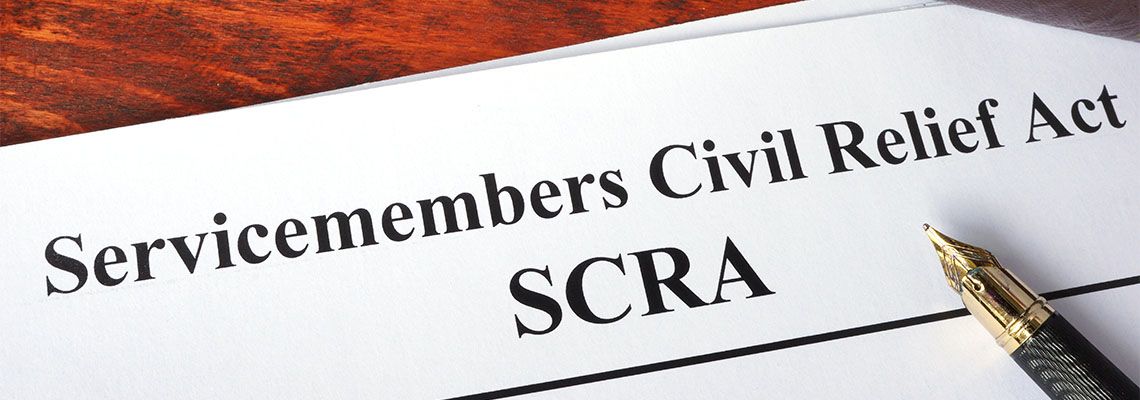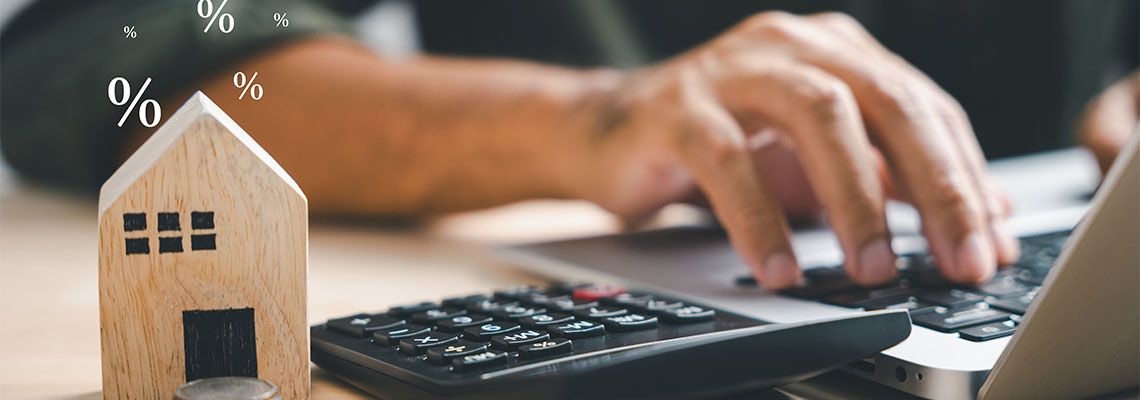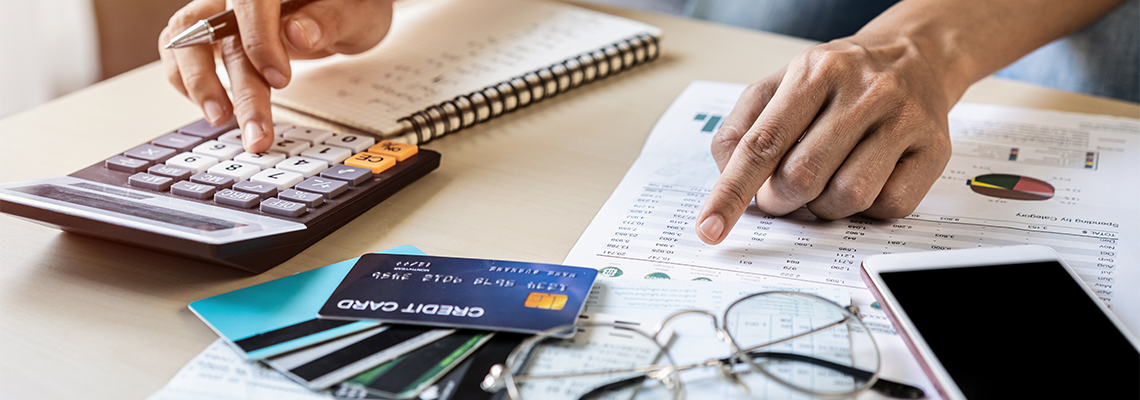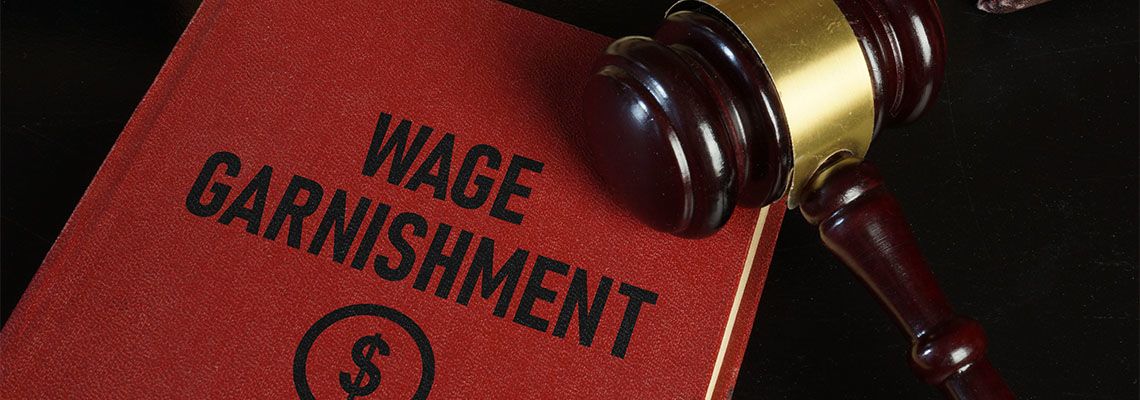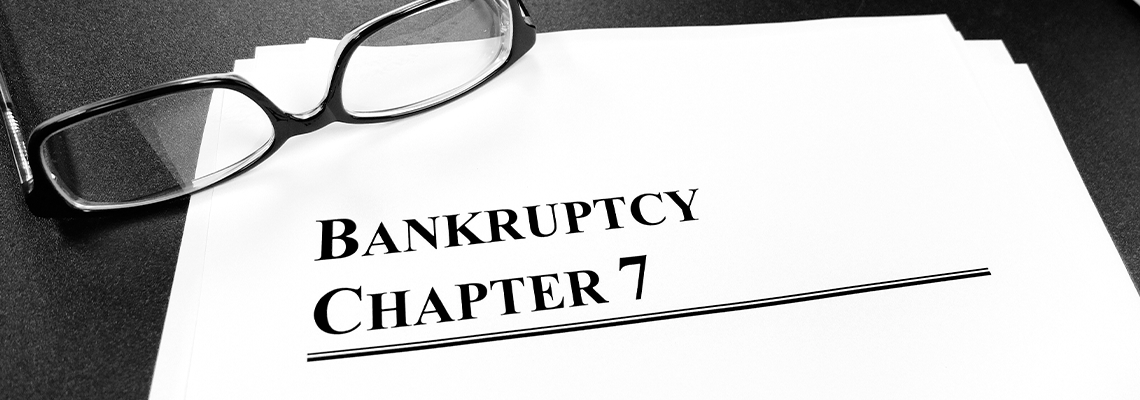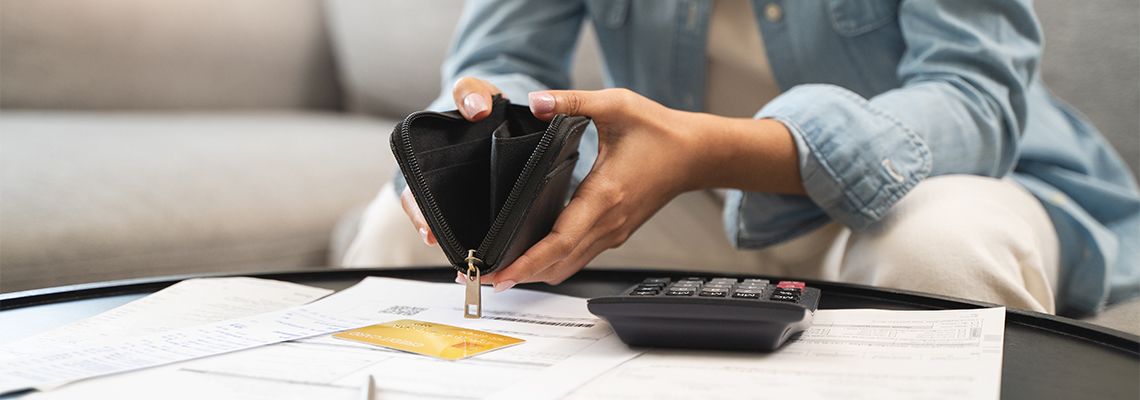The Law Office of Marc G. Alster
How to Leverage the Servicemembers Civil Relief Act to Defend Against Foreclosure
For active duty military members, balancing the demands of serving your country with managing your personal and financial obligations can be uniquely challenging. Fortunately, the Servicemembers Civil Relief Act (SCRA) provides critical protections to make sure you can focus on your duties without the worry of severe financial repercussions, including foreclosure.

